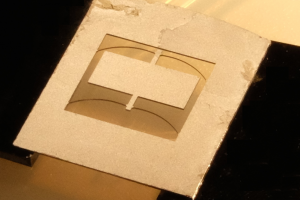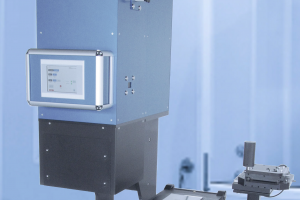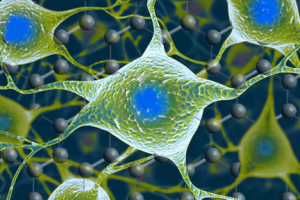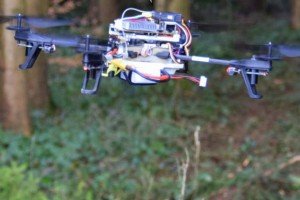Scientists at the University of Glasgow have created a very low cost gravity meter which could be used to monitor volcanic activity using commercial MEMS device technology found as accelerometers in smartphones. The result they says is a sensitive detector capable of measuring minute changes in gravity, and at significantly lower cost than a traditional gravity meter (gravimeters). They believe ...
University Electronics
The latest electronics news from UK universities
High-temperature superconductivity yields another secret
Researchers have determined that quantum rather than classical physical behaviour is responsible for superconductivity in high-pressure hydrogen sulphide, a result which could benefit the design of high-temperature superconductors, said the University of Cambridge. Last year, German researchers identified superconductivity in H2S at -70°C, said to be the highest temperature yet. To get it working, the gas needed compressing to around ...
Bath University installs Eulitha nano lithography tool
New electronic devices that exploit the properties of nano-scale features can be more easily scaled up for production.
MEMS designers have opportunity to compete
A group of companies wants to encourage greater inventiveness in the design of integrated MEMS devices.
National Graphene Institute ‘almost empty’ say reports; researchers concerned about IP leaking to China
The National Graphene Institute (NGI) is deserted because the 250 Manchester University researchers working on graphene don’t trust it to keep secrets out of the hands of a Taiwanese-controlled company called BGT which has links to a mainland China university and a Chinese manufacturer, reports the Sunday Times. Is this true? “No”, replied the NGI. “How many people are working at ...
Graphene used for brain electrode in Parkinson treatment
Researchers in the UK and Italy believe a breakthrough in treatment of motor disorders, such as epilepsy or Parkinson’s disease, may be possible and with electronic neuron interface devices fabricated from pure graphene, writes Richard Wilson. Treatment of patients with motor disorders such as Parkinson’s disease could one day benefit from graphene, the highly conductive material which is expected to ...
Surrey University gets £3m grant for quantum computing
University of Surrey has been awarded £3 million to address the challenge of single atom manipulation and imaging for quantum computing. The technology aims to enable the building of new quantum devices in the materials used in microelectronics for current technologies. The grant from Engineering and Physical Sciences Research Council (EPSRC) aims to to provide the answer to the challenge of enabling solid ...
AI drone finds footpaths in the woods
A group of researchers from the Dalle Molle Institute for Artificial Intelligence and the University of Zurich has developed artificial intelligence software to teach drones to autonomously recognise and follow forest footpaths. “While drones flying at high altitudes are already being used commercially, drones cannot yet fly autonomously in complex environments, such as dense forests. In these environments, any little ...
University of Sheffield kits out £81m engineering lab
The University of Sheffield is creating a new engineering teaching lab as part of the university’s new £81m Diamond building. The new laboratory holds 80 test benches and it is expected that as many as 3,000 students each year will use the new laboratory in their electronic engineering studies. “The Diamond offers the best interdisciplinary engineering teaching space in the country ...
Compound Semiconductor cluster launches in Cardiff Castle
What is described as the world’s first Compound Semiconductor technology cluster has been launched in South Wales. It’s a joint business venture between Cardiff University and IQE, a supplier of advanced semiconductor wafers. The cluster, which aims to attract other European partners, has the potential to create 5,000 new jobs in Wales, believes Cardiff University. The Cardiff compound semiconductor centre ...
 Electronics Weekly Electronics Design & Components Tech News
Electronics Weekly Electronics Design & Components Tech News









